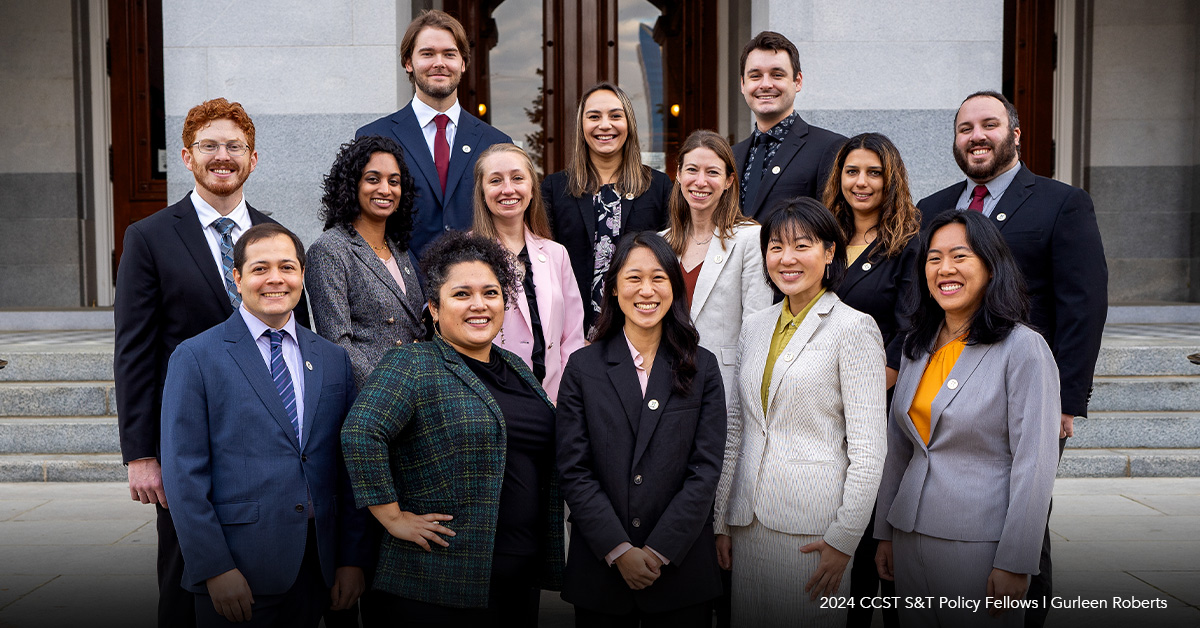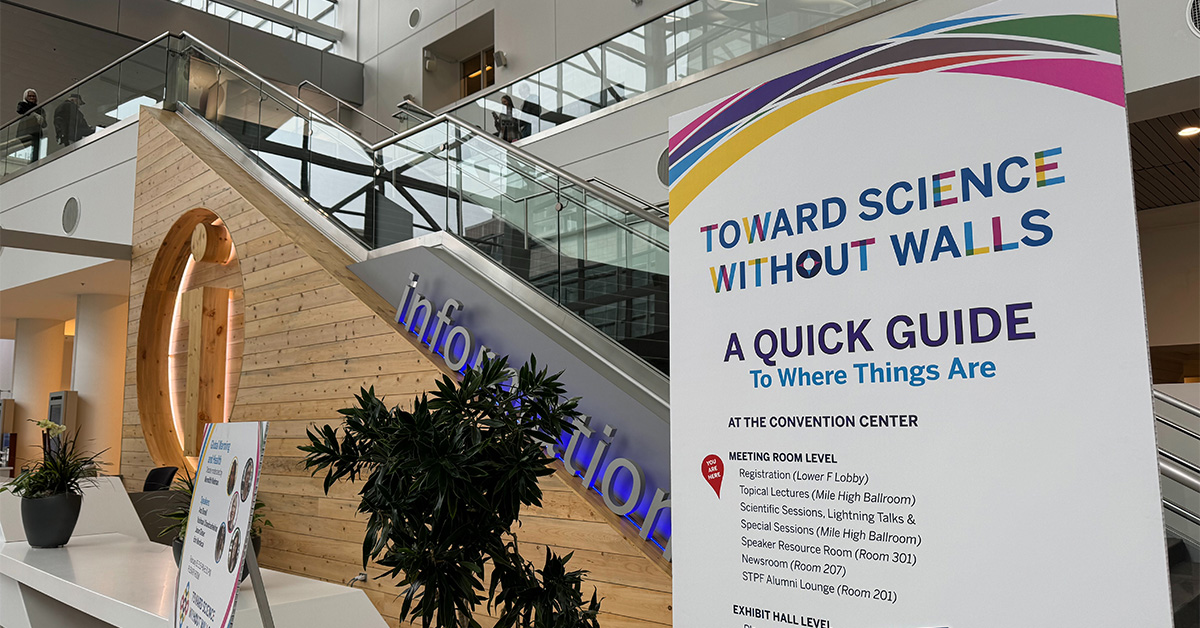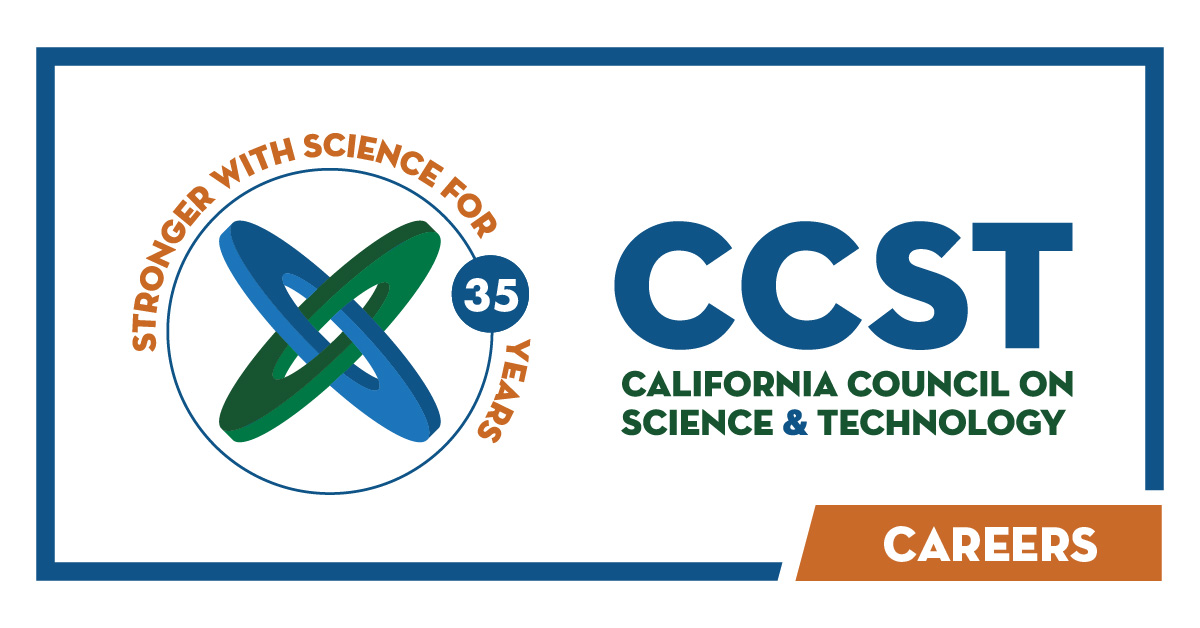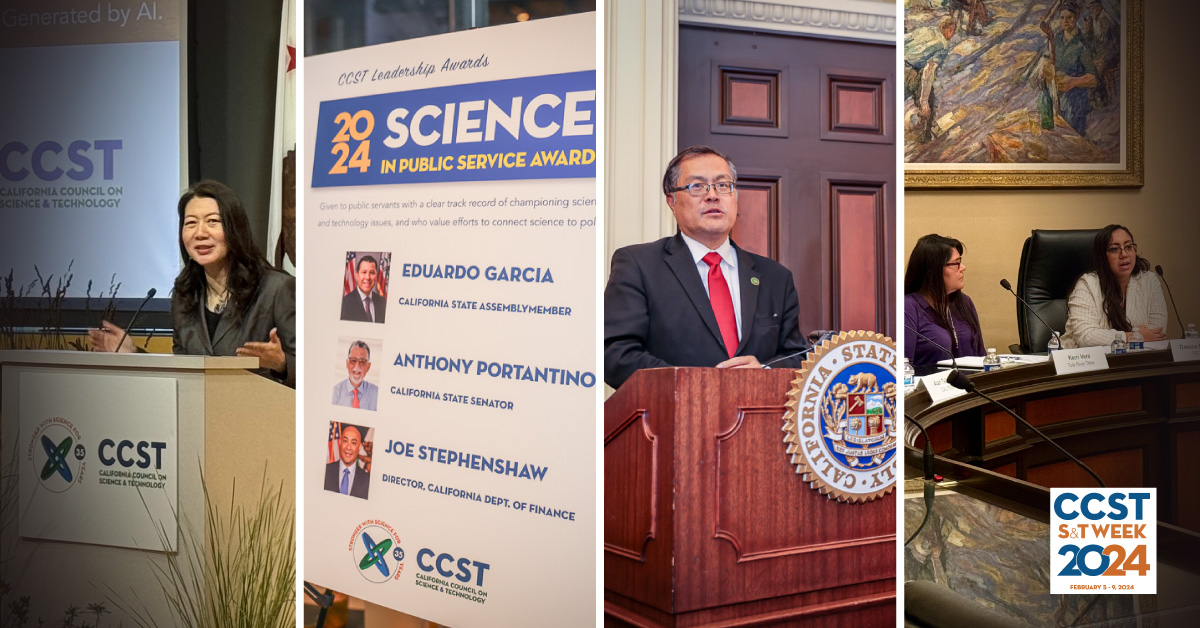Board Member Bruce Darling Named Executive Officer of NAS and NRC
February 2, 2012 | Beyond California, CCST Newsroom | Contact: M. Daniel DeCillis
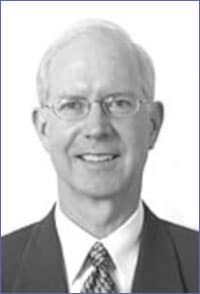
CCST Board member Bruce Darling, vice president for laboratory management at the University of California, has been selected as Executive Officer of the National Academy of Sciences and the National Research Council. Darling will transition to his new position over the next several months.
“I cannot think of a better choice for the position of Executive Officer,” said CCST Board Chair Karl Pister. “He possesses keen insights of the complex problems of large institutions and their interface with the public, the private sector and state and federal governments. Bruce will be sorely missed in both the University of California and CCST. My hope is that his love of the Sierra will bring him back to California often.”
At the University of California (UC), Darling has been responsible for management oversight of the three national laboratories operated by the university for the U.S. Department of Energy: Lawrence Berkeley National Laboratory, and Lawrence Livermore and Los Alamos National Laboratories. In his new position, he will lead the National Research Council and coordinate the activities of the National Academy of Sciences, the National Academy of Engineering, and the Institute of Medicine, which are tasked with providing scientific advice to the federal government.
“There are few institutions with the credibility, independence, integrity, and track record of the National Academies,” said Darling. “What attracts me to this new position is that the Academies have an unparalleled history of helping the country address a wide range of complicated, vexing problems. Science, engineering and medicine have illuminated the workings of our physical world, improved the lives of our citizens, created products and services that generate jobs that give purpose and meaning to our lives, and helped us make progress in addressing challenges ranging from the environment to healthcare. Simply stated, the scientific community is critical to our future well being.”
In addition to his position at UC, Darling has long been engaged in the process of helping the scientific community advise policymakers, having served as a CCST Board member since 1997.
“Many states have sought expert advice on public policy challenges from scientists, engineers and physicians,” he said. “The creation of the California Council on Science and Technology was a farsighted act by [founding legislators] John Garamendi and Sam Farr. It has proven to be a superb way to harness the expertise of the state’s research institutions, and it has provided a forum for us to work together in an organized and thoughtful way.”
While the National Academies operate on a much larger scale than CCST – the Academies collectively publish approximately 300 reports each year – the two organizations have much in common, said Darling, who noted that strong ties already exist between the two.
“I will be excited to continue to work with CCST,” said Darling. “California is the leading science and technology state in the country, and is a geopolitical entity in its own right – there is a similar need for impartial S&T analysis and advice at both the state and national levels. I envision continuing the active working relationship between the National Academies and CCST in the years to come.”

